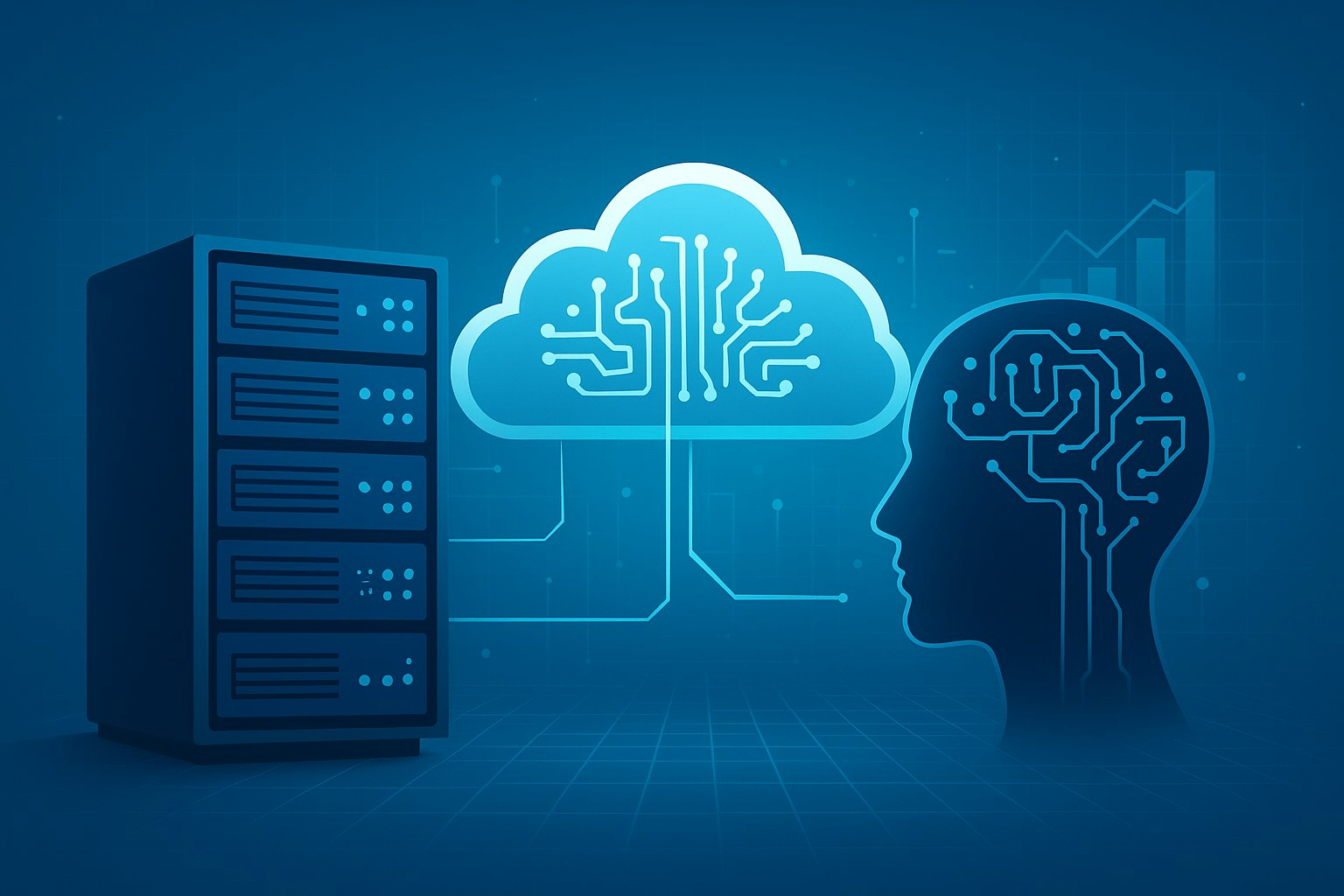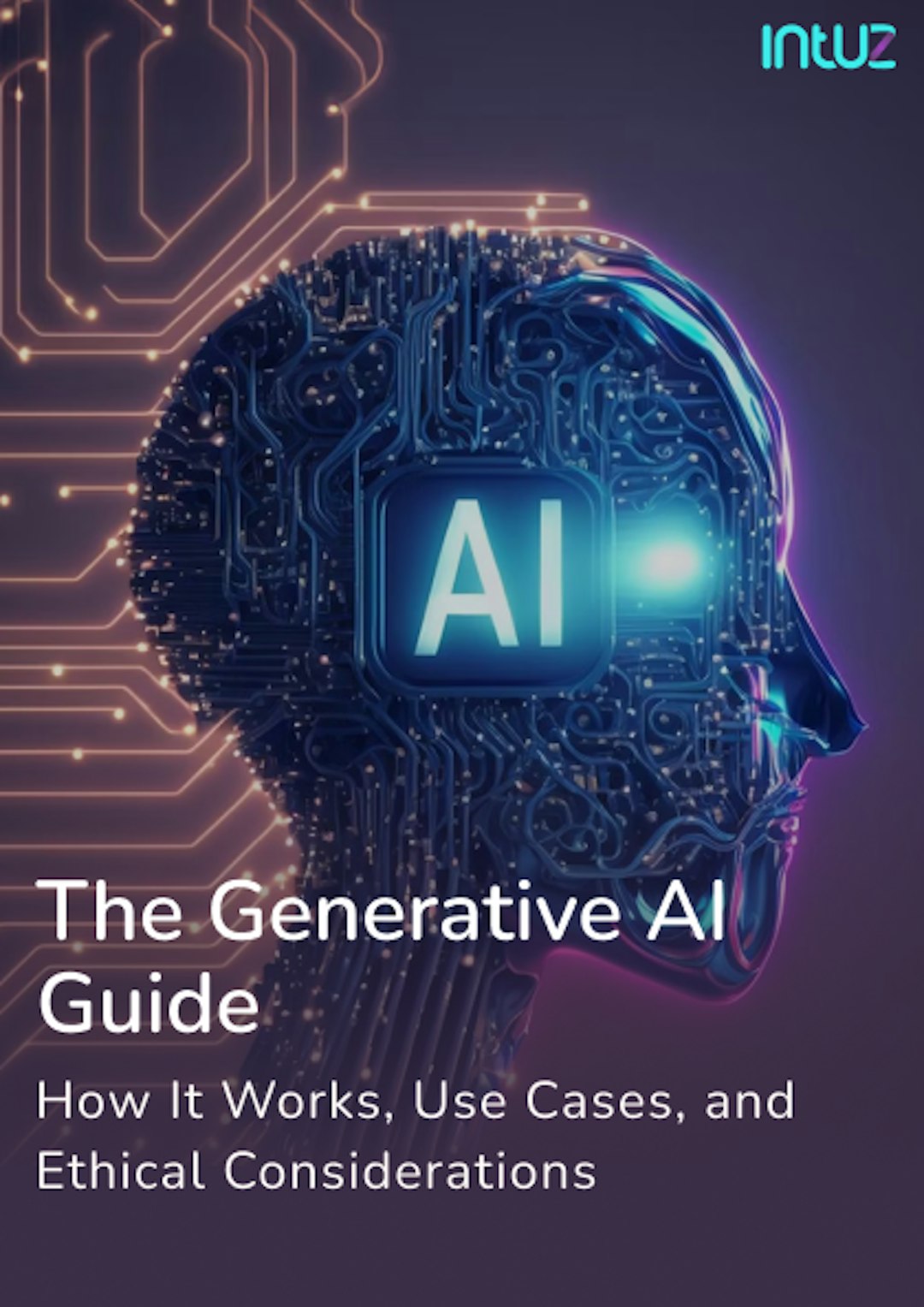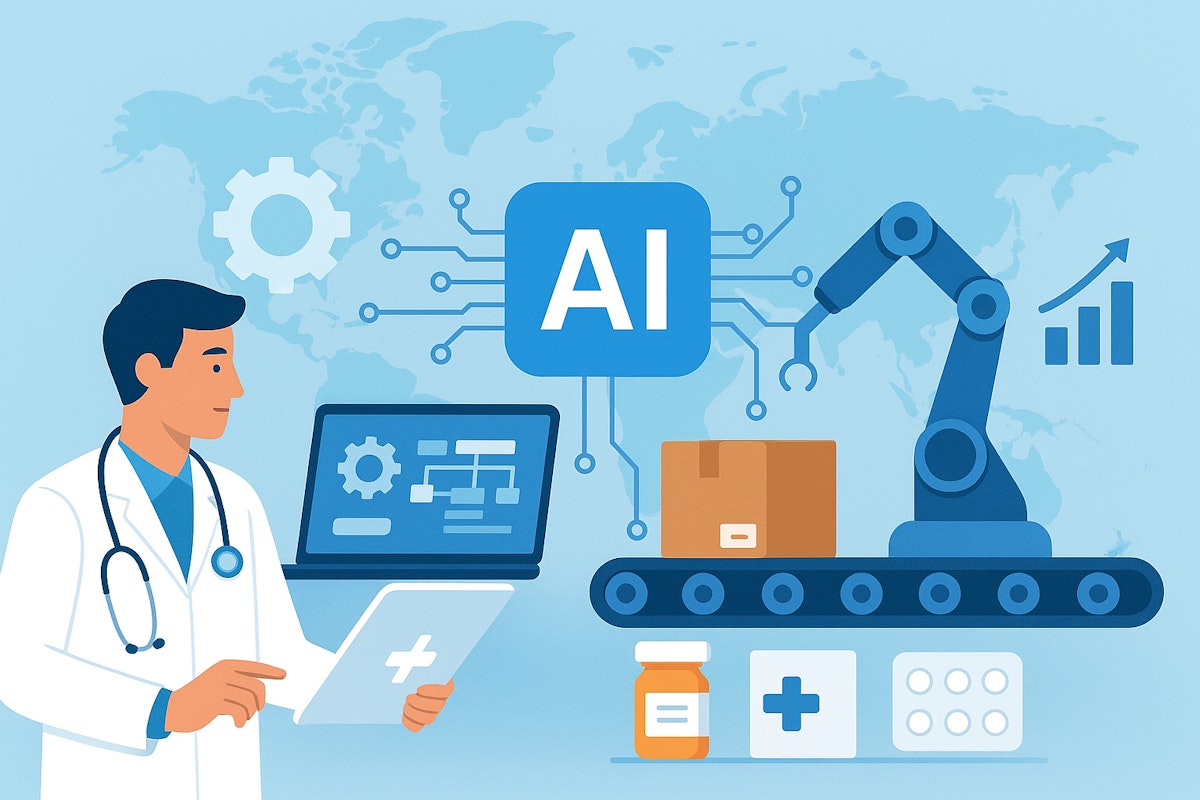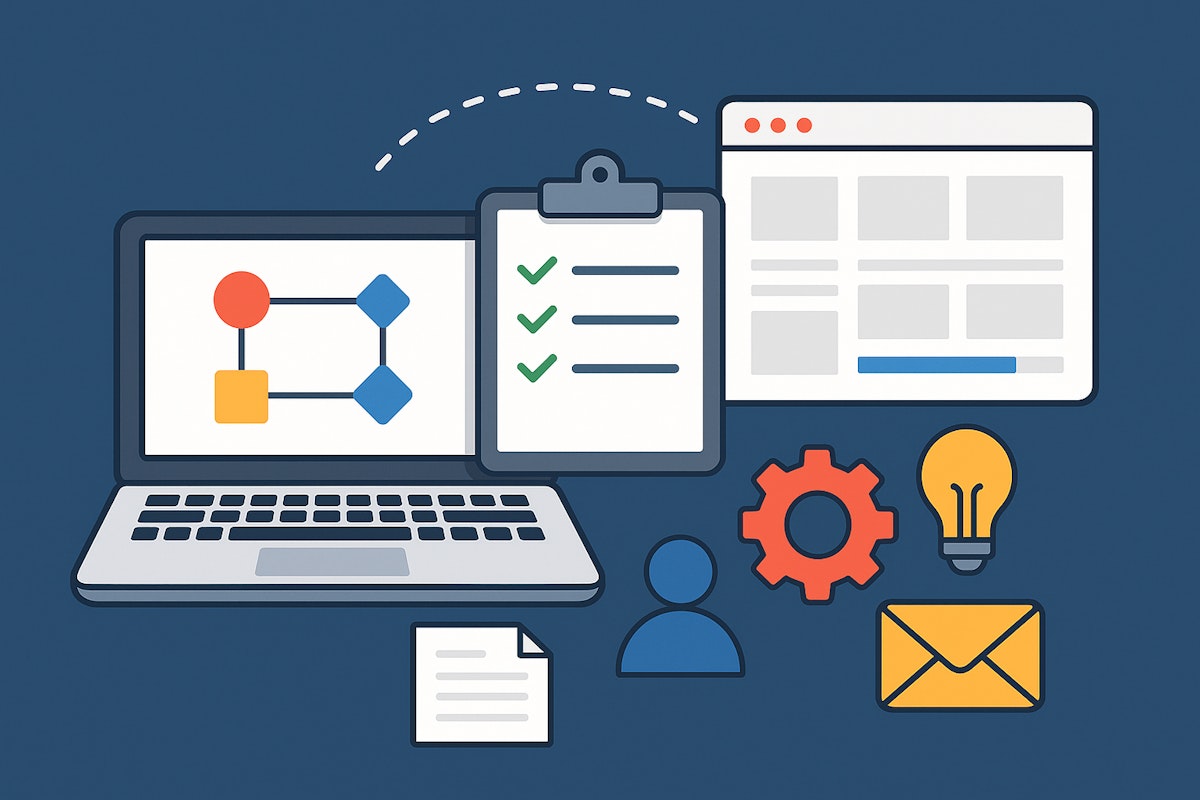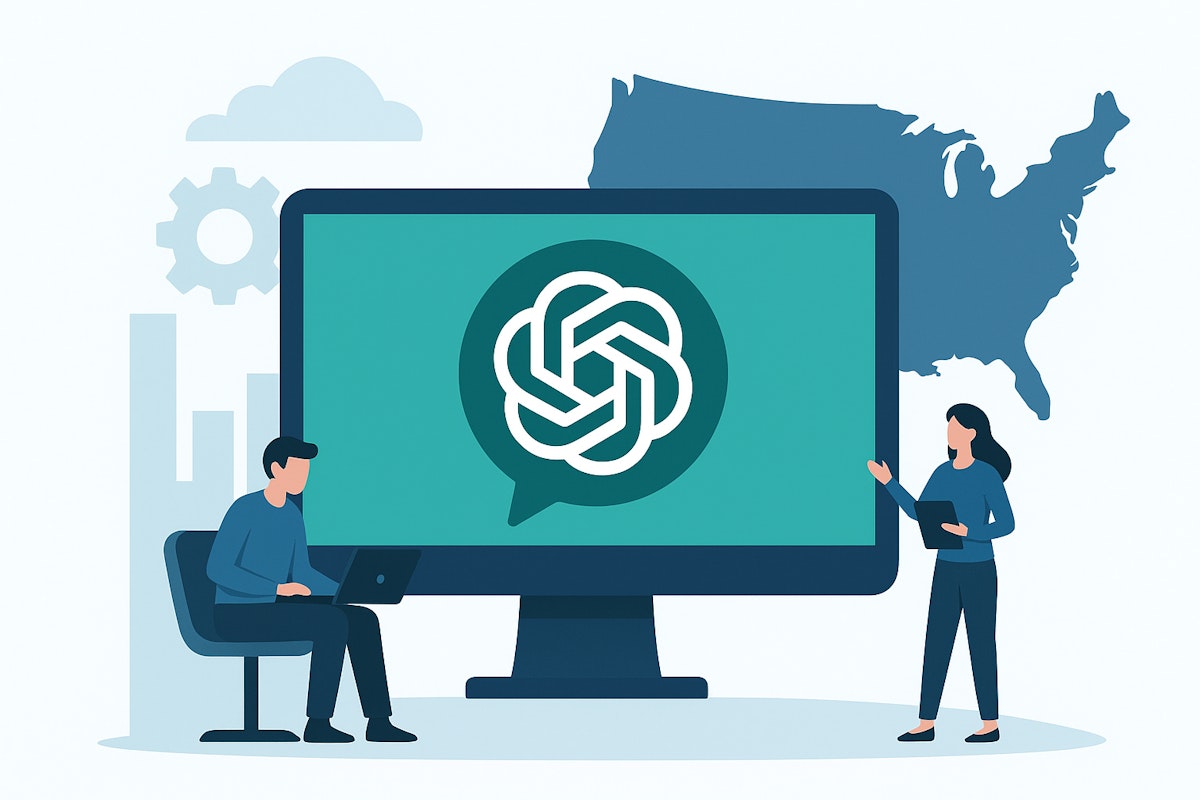Table of Content
For businesses, the challenge has never been building AI models — it’s about connecting them effectively to internal data, APIs, and real-world systems without ballooning costs or hiring a team of machine learning engineers.
So, let's explore in-depth top 10 best MCP servers for AI development category wise.
Core AI Agent Orchestration & Context Management Servers
1. Amazon Bedrock AgentCore MCP Server
Amazon’s Bedrock AgentCore is the enterprise anchor of MCP-based orchestration. Integrated into AWS’s Bedrock ecosystem, it acts as a context manager, routing queries, maintaining multi-session memory, and assigning actions between agents and data sources.
Key Features
- Native support for Claude, Titan, and Llama models
- Context streaming across Bedrock endpoints
- High-security parameters with granular IAM policies
- Zero-infrastructure management on AWS
Use Cases
- AI-driven support desks integrated with CRM
- Multi-agent orchestration across workflows
- Intelligent chatbot with recall of historical context
- Context-sensitive business analytics
MCP vs A2A: Choosing the Right AI Agent Communication Protocol for Your Business
Explore Now!2. Context7 MCP
A rising star in the open-source MCP landscape, Context7 was designed for developers building custom, lightweight multi-agent systems.
Key Features
- Stateless and stateful context caching
- Multi-LLM compatibility (OpenAI, Anthropic, Mistral)
- Built-in plugin environment for external API calls
- Cloud-hosted or local deployment options
Use Cases
- Custom micro-agent systems for small-scale automation
- Prototyping AI-enabled support flows
- Academic and research environment orchestration
3. GPT Researcher MCP
Built for autonomous research, GPT Researcher MCP is engineered for agents that browse, summarize, and synthesize information independently.
Key Features
- Modular research pipelines with deep web integration
- Autonomous context refreshing
- Semantic file handling and knowledge graph creation
- Configurable reasoning depth
Use Cases
- Automating literature reviews or domain-specific research assistants.
- Generating detailed, source-backed reports from large corpora.
- Multi-agent orchestration in scientific, legal, or technical domains.
- Building workflows where an agent stages partial results and revisits them later.
4. Cloudflare Remote MCP
Cloudflare’s MCP offering opens a new frontier — edge orchestration for AI agents. It distributes computation and contextual data flows across the edge network, improving latency and privacy.
Key Features
- DDoS-resistant deployment
- Zero-trust tunneling for data flows
- Edge-cached agent responses for speed
- Domain-level AI context routing
Use Cases
- AI web assistants with sub-50ms response
- Privacy-first agent clusters
- Global automation workflows for SaaS SMBs
9 Best OCR Software for Invoice Processing
Explore Now!Developer & Automation MCP Servers
5. GitHub MCP Server
GitHub’s MCP implementation lets agents execute, test, and commit code changes autonomously inside repositories — a major leap for DevOps automation.
Key Features
- AI-triggered PR suggestions
- Workflow integration with Actions & Codespaces
- Role-based access and audit logging
- Multi-agent code collaboration models
Use Cases
- Autonomous code reviews
- Error detection and test suite execution
- Automated version and patch management
6. n8n MCP Server
Bridging low-code/no-code automation with AI, n8n’s MCP server lets agents trigger workflows, integrate systems, and orchestrate logic flows.
Key Features:
- Expose n8n workflows as MCP tools.
- Parameterize workflows dynamically via agent input.
- Chain automations (e.g. fetch data → transform → update).
- Combine agent reasoning with enterprise logic flows.
Use Cases:
- Agents triggering business workflows (e.g. marketing emails, notifications).
- Orchestrating multi-step internal processes (CRM, ERP updates) via AI logic.
- Handling conditional logic in pipelines where agents decide which path to call.
- Replacing manual triggers with intelligent, context-driven automation.
20+ Best n8n Workflow Automation Templates for Small Businesses
Explore Now!7. Playwright MCP Server
Playwright MCP brings browser-level automation to AI — a game changer for testing and repetitive UI-based tasks.
Key Features
- Multi-browser parallel test execution
- AI-guided test scenarios
- Assertions driven by model context (adaptive testing)
- Built-in result analytics
Use Cases
- Automated website testing and monitoring
- AI-powered E2E test creation
- User behavior simulation for UX validation
How to Implement Healthcare Supply Chain Automation with AI and Low-Code Tools
Explore Now!Data & Knowledge Management MCP Servers
8. Vector Search MCP Server (Qdrant)
Qdrant powers context memory across agent frameworks using high-performance vector similarity search. Its MCP wrapper lets agents recall semantically similar data or documents instantly.
Key Features
- High-speed vector search API
- Horizontal scalability
- Secure data storage (encryption in transit)
- Integrates with embeddings frameworks (OpenAI, Cohere, Bedrock)
Use Cases
- Retrieval-Augmented Generation (RAG)
- Multi-agent shared knowledge store
- Semantic search in customer service AI systems
9. PostgreSQL MCP Server
PostgreSQL remains the workhorse of data systems. Its MCP server extensions bridge structured datasets and logical querying with AI context construction.
Key Features
- Native SQL query-to-language-model translation
- Transaction-safe contextual calls
- Supports schema-aware data reasoning
- Integration with cloud DBs (Supabase, Neon, RDS)
Use Cases
- Data-driven AI dashboards
- Contextual sales or inventory chatbots
- Real-time ERP/CRM automation
10. MindsDB MCP Server
MindsDB acts as a unified data gateway for AI models, enabling federated queries over structured and vector stores via MCP.
Key Features:
- Federated query support across SQL, vector, and application data sources.
- Automatic embedding generation and vector store integration.
- Composite AI operations — multi-source joins, hybrid queries.
- Security, observability, and governance baked in.
Use Cases
- Sales prediction engines
- Supply chain optimization
- Dynamic anomaly detection in operations
How Intuz Helps Integrate MCP Servers into Your AI Workflows
While each MCP server serves a different purpose, value emerges when they’re intelligently orchestrated. That’s where Intuz steps in.
1. Assess Your AI Workflow Needs
Our experts begin by mapping your existing business logic, data flow, and user interactions — identifying where contextual AI can automate understanding and decision-making.
2. Consult and Configure Relevant MCP Servers
We help you choose the right MCP stack — mixing lightweight, open-source tools (like n8n or Qdrant) with enterprise-grade orchestrators (like Bedrock or Cloudflare Remote) that fit your budget, scale, and compliance needs.
3. Build Secure and Scalable Connectors
Our development team builds MCP adapters that integrate with your CRMs, data APIs, or third-party systems — ensuring privacy, encryption, and seamless communication between your apps and AI contexts.
4. Orchestrate and Automate AI Workflows
Finally, we connect the dots — unifying all MCP servers into an intelligent ecosystem that helps your bots, data, and decision systems collaborate autonomously with minimal maintenance.
Final Thoughts
By 2025, the companies embracing MCP-based architectures won’t just operate faster — they’ll learn faster. For small & mid-sized businesses, this means every process, from customer support to logistics, becomes self-improving and AI-enabled.
If your business is looking to leap into contextual automation, adopting MCP servers is your most strategic next move.
Schedule a 45-minutes free consultation to discover which MCP stack best fits your business objectives and architecture.
